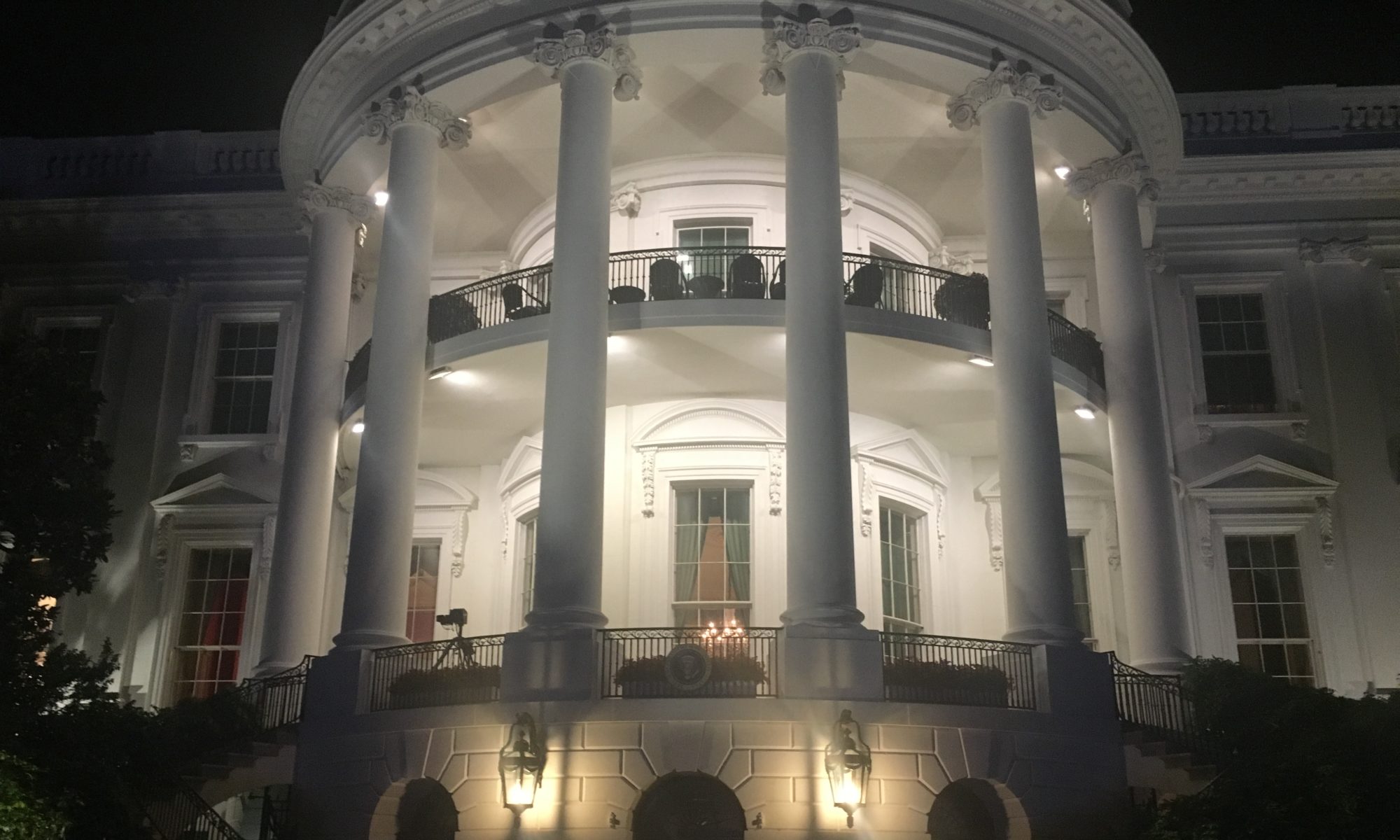The rush of developments in the widening Trump/Russia scandal are coming so quickly that we have exhausted meteorological metaphors. Words like “torrent,” “blizzard,” and “avalanche” hardly seem sufficient to describe what our national polity is experiencing. Our devices ping with news alerts with alarming frequency. Much of the flurry in the last several days appears to be the direct result of the combination of Trump’s boundless contempt for the rule of law, vast ignorance of the structure and function of our government’s institutions and his abject inability to communicate with discipline or clarity. All of these traits were on vivid display in his disastrous Wednesday interview with Maggie Haberman, Peter Baker and Michael Schmidt of The New York Times. Trump issued a veiled threat to fire Robert Mueller if Mueller’s investigation strays beyond the scope of what Trump deems acceptable. He denigrated Jeff Sessions for the only decent thing he has ever done, stating that he would never have appointed Sessions had he known that he was going to recuse himself. We awoke this morning to the news that Trump’s team was exploring the scope of Presidential pardon power, including, whether he can pardon himself.
In light of all of this, now might be a propitious moment to get a clearer understanding of what constitutes an impeachable offense.
Article II, Section 4 of The Constitution provides that a president may be impeached for “treason, bribery or other high crimes and misdemeanors.” Treason is narrowly defined in Article III of the Constitution as “ levying war against [the United States] or in adhering to their enemies, giving them aid and comfort.” Given that narrow definition, definitive proof that Trump colluded with Russia will not constitute treason, since we are not at war with Russia.
An interpretation of bribery will in all likelihood track that of the federal bribery statute (Source: “To Impeach A President: Applying the Authoritative Guide From Charles Black,” Jane Chong, Lawfare Blog, July 20, 2017). While we don’t know what Mueller will uncover, given the difficulty of proving intent in bribery cases, we may need to rely on the category of “high crimes and misdemeanors.”
In Professor Charles L. Black’s definitive work, “Impeachment: A Handbook” (Yale University Press, 1974), he defines “high crimes and misdemeanors” as “those offenses, and only those, that a reasonable man might anticipate would be abusive and wrong, without reference to partisan politics or policy.” Black provides hypothetical examples to elucidate the premise that while impeachable offenses may also be ordinary crimes, given the immense power of the office, they need not be. He opined that high crimes and misdemeanors are those that “seriously threaten the order of political society as to make pestilent and dangerous the continuance in power of their perpetrator.” Two specific examples Black cites are improper campaign tactics such as the “bugging of their offices, the circulation of known lies about” political opponents and obstruction of justice. Is there any doubt that Trump’s actions fit that definition?
We all know that it’s not a question of if, but of when, definitive evidence of Trump’s commission of impeachable offenses will emerge. Don’t be distracted by the Gordon Gekko wannabe with the cutesie nickname who is the new White House Communications Director. Don’t get sucked into 90’s nostalgia with news of O.J.’s parole. Knowledge is power. When the time comes, we’d better be ready to use it.
